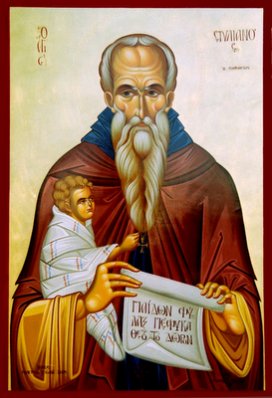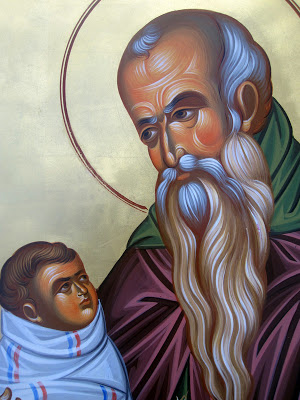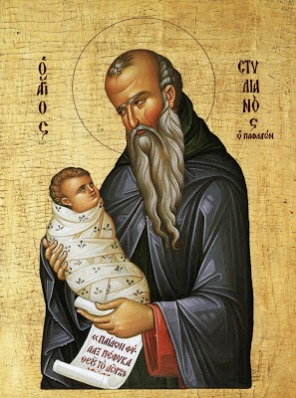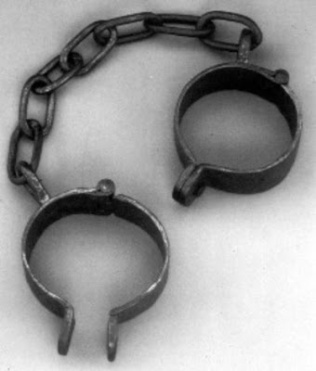Open to me the doors of repentance, O Giver of Life!
Repentance is expressed by the Greek word, metanoia. In the literal sense, this means a change of mind. In other words, repentance is a change of one's disposition, one's way of thinking; a change of one's inner self. Repentance is a reconsideration of one's views, an alteration of one's life.
How can this come about? In the same way that a dark room into which a man enters is illumined by the rays of the sun. Looking around the room in the dark, he can make out certain things, but there is a great deal he does not see and does not even suspect is there. Many things are perceived quite differently from what they actually are. He has to move carefully, not knowing what obstacles he might encounter. When, however, the room becomes bright, he can see things clearly and move about freely.
The same thing happens in spiritual life.
When we are immersed in sins, and our mind is occupied solely with worldly cares, we do not notice the state of our soul. We are indifferent to who we are inwardly, and we persist along a false path without being aware of it.
But then a ray of God's Light penetrates our soul. And what filth we see in ourselves! How much untruth, how much falsehood! How hideous many of our actions prove to be, which we fancied to be so wonderful. And it becomes clear to us which is the true path.
If we then recognize our spiritual nothingness, our sinfulness, and earnestly desire our amendment - we are near to salvation. From the depths of our soul we shall cry out to God: "Have mercy on me, O God, have mercy according to Thy Great mercy!" "Forgive me and save me!" "Grant me to see my own faults and not to judge my brother!"
As Great Lent begins, let us hasten to forgive each other all hurts and offenses. May we always hear the words of the Gospel for Forgiveness Sunday: If ye forgive men their debts, your heavenly Father will also forgive you; but if ye forgive not men their debts, neither will your Father forgive your debts (Matt. 6:14-15).
St. John Maximovich






















